Mold and mildew are persistent issues that can affect any home, especially in regions like North Port. They not only pose health risks but can also cause structural damage over time. Fortunately, modern HVAC systems offer a robust solution to these problems by controlling indoor humidity levels and ensuring proper ventilation. For residents relying on HVAC in North Port, maintaining a mold-free environment can be both efficient and effective.
Importance of Humidity Control
One of the primary functions of an HVAC system is to regulate indoor humidity. Mold and mildew thrive in damp environments, making humidity control crucial for preventing their growth. By maintaining relative humidity levels between 30% and 50%, HVAC systems can significantly reduce the conditions that mold and mildew need to flourish.
Enhanced Ventilation for Air Quality
Proper ventilation plays a key role in mold prevention. HVAC systems facilitate continuous air circulation throughout a home, which helps to quickly evaporate excess moisture. This constant airflow prevents mold spores from settling and thriving. For those looking for guidance on maintaining their HVAC system effectively, check out this guide.
Filtration and Air Purification
Modern HVAC systems often come equipped with advanced filtration and air purification technologies. These features help trap dust, pollen, and other airborne particles, including mold spores. By regularly replacing filters and maintaining the system, homeowners can ensure that their indoor air remains clean and healthy.
Choosing the Right System
It is important to choose the right HVAC system for effective mold prevention. Factors such as the size of the home, local climate, and specific needs will determine the best system. Homeowners can benefit from learning how to select the appropriate size HVAC system to ensure that their unit is neither overworked nor underperforming. This selection process not only enhances efficiency but also maximizes mold prevention capabilities.
Regular Maintenance for Optimal Performance
Routine maintenance is essential for any HVAC system to perform at its best. Regular inspections and servicing help identify potential issues early, preventing costly repairs and ensuring the system’s longevity. Additionally, keeping the system clean and well-maintained minimizes the risk of mold growth within the unit itself.
Conclusion
Incorporating a reliable HVAC system is a proactive step toward mold and mildew prevention. By effectively controlling humidity, enhancing ventilation, and using modern filtration techniques, these systems protect homes from the adverse effects of mold. Regular maintenance and informed choices in system selection further enhance these benefits, providing peace of mind for homeowners.
Frequently Asked Questions
1. How does humidity affect mold growth?
Mold thrives in environments with high humidity, typically above 60%. Keeping indoor humidity levels between 30% and 50% can help prevent mold growth.
2. What HVAC features are best for mold prevention?
Look for systems with humidity control, advanced filtration, and efficient ventilation capabilities to better prevent mold and mildew.
3. Why is regular HVAC maintenance important?
Routine maintenance ensures the system operates efficiently, prevents potential mold growth within the unit, and extends the lifespan of the HVAC system.

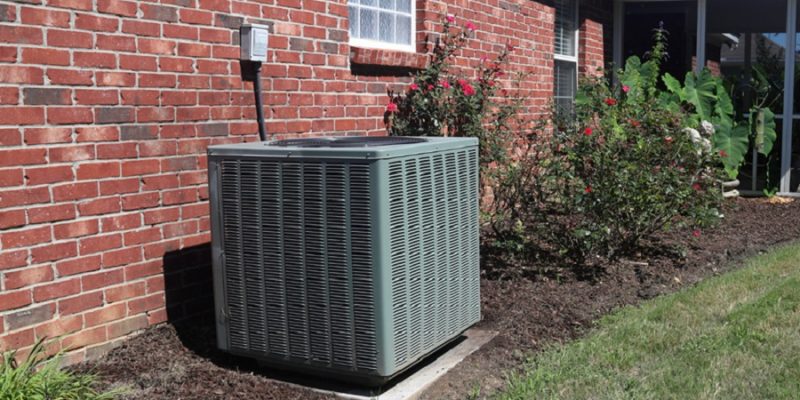
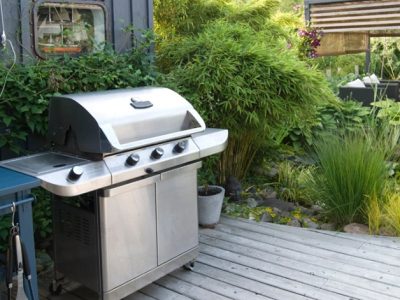

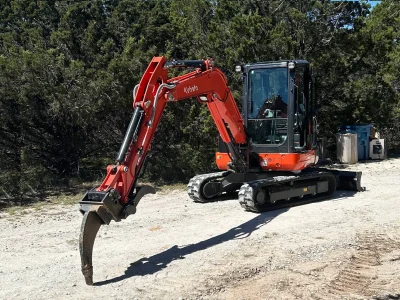
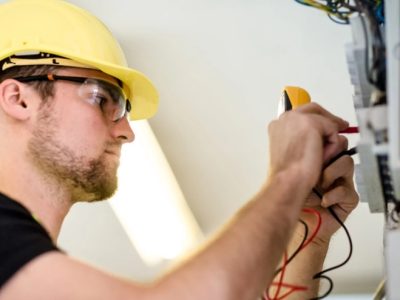
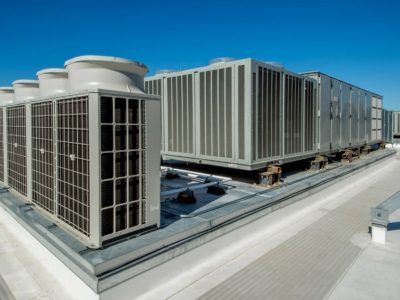
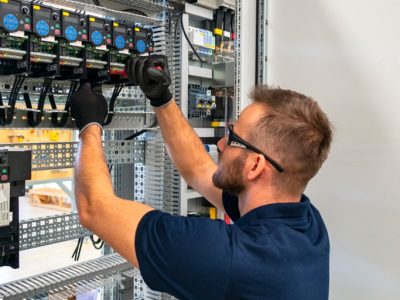


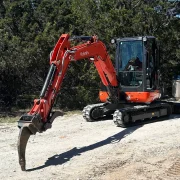

Comments